If you have a brilliant idea in this world, you should know that someone else will probably try to steal it. This is sad, but realistic. In an effort to protect yourself, you can always try to copyright or trademark your idea before someone else gets a chance to steal your hard work. That way, if someone does, you can go to court to either stop them or ask for money for damages.
If you don't file trademarks, you have no idea how many there are. strange attempts to register trademarks and what things have actually been registered as trademarks. Let's take a look at some of the most surprising and unusual trademarks that are hard to believe.
10. Darth Vader's Breath - Trademark

"Star wars" — is a pop culture monster that started in the 1970s and has only gotten bigger. These days, there are movies "Star wars" , TV shows, animation, video games, action figures, LEGO, and even spaghetti. It's everywhere. With all the money that's been made "Star wars" , the franchise is valued at around $65 billion, you better believe everything is trademarked.
The obvious things are trademarked, like names, images, and all that good stuff, but in Star Wars, it goes deeper than that. A character like Darth Vader is more than just a cool-sounding name and a sinister costume. That's why even Vader's breath is trademarked.
Defined as "the sound of rhythmic mechanical human breathing produced by breathing through a scuba regulator," Lucasfilm trademarked Vader's distinctive sound to prevent anyone else from attempting to incorporate it into their own works without permission.
Registering a sound as a trademark is not unusual if we are talking about something unique. That "dun-dun" sound from "Law and Order", the roar of the MGM lion and Tarzan's unusual cry are also trademarks.
9. The aroma of plasticine is a trademark
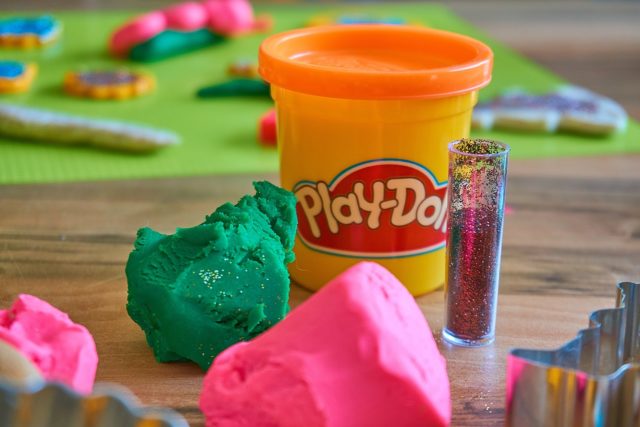
If a trademark can protect a sound, why not a smell? That's what the creators of Play-Doh thought when they decided to trademark that distinctive odor, which is hard to describe as anything more than "the smell of Play-Doh." Except they had to describe it, because it's part of the process.
According to its creators, Play-Doh smells like "a combination of sweet, slightly musky vanilla with hints of cherry and a natural salty wheat dough scent." We'll let you determine how accurate that is.
Hasbro trademarked the scent back in 2018, and it's one of several scents that enjoys such trademark protection. Stores selling electronics that are somehow also trademarked include strawberry-scented toothbrushes, bubblegum-scented flip-flops, and even a "floral musk" scent.
8. The term "superhero" is a trademark owned by DC and Marvel.
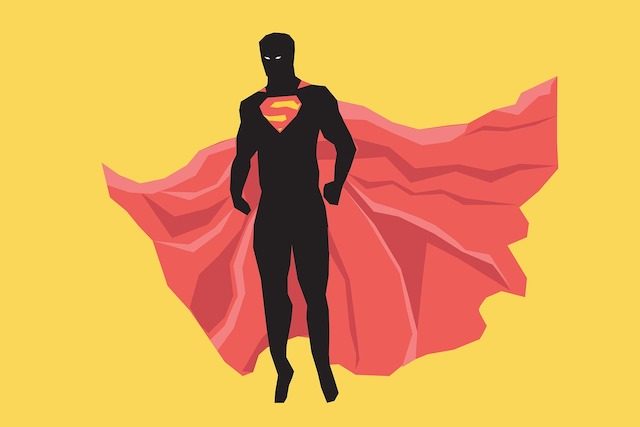
The superhero genre is as big as it's ever been, and while it saw a bit of a backlash in the early 2020s, the fact remains that the majority of the highest-grossing movies of all time are superhero movies, with both Marvel and DC earning around $40 billion at the box office.
Most people think of Marvel and DC as competitors, and there has long been a rivalry between the companies, which have shared writers and artists over the years and had several famous characters that seemed to have been copied from the other company at one time or another.
There have been times, however, when Marvel and DC have worked together. Their universes have crossed paths in comics several times, and you can see the Hulk and Superman sparring in print if you’re so inclined. But the companies have also teamed up behind the scenes to trademark the term “superhero.”
Anyone in America who uses the words “superhero,” “superhero,” or any derivative of those terms risks being sued because it is jointly owned by both companies. Two companies owning the same trademark is certainly not common, but it is not in dispute. They made the deal because, since they are in the same business, they realized that neither could succeed against the other in trying to claim the term as a whole. Furthermore, neither Marvel nor DC has been consistent in enforcing their rights. Many companies use the terms willy-nilly and without consequence, but others have been thrown out by lawyers at the discretion of the publishers.
7. The cry "Yeaaaaaa" is registered as a trademark
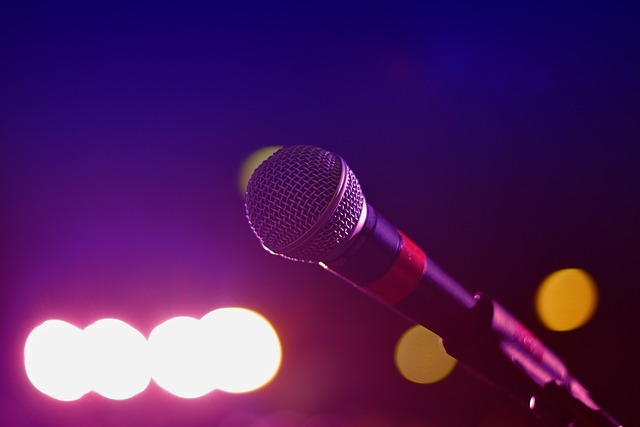
If you're a certain type of person, you might be a fan of the music of Florida's favorite son, Pitbull. Like Tarzan, Pitbull is known for his signature scream, or "grito." Pitbull was able to file a trademark for this scream, successfully arguing that the sound is so clearly associated with him that even if he's not there and the sound is being played, people who recognize him will immediately know it's his sound.
The scream, which was spelled EEEEEEEYOOOOOO for the purposes of the lawsuit, was one of fewer than 40 distinctive sounds that have ever been subject to trademark claims. That means Pitbull accomplished quite a feat in securing it.
6. "Taco Tuesday" was a trademark until 2023
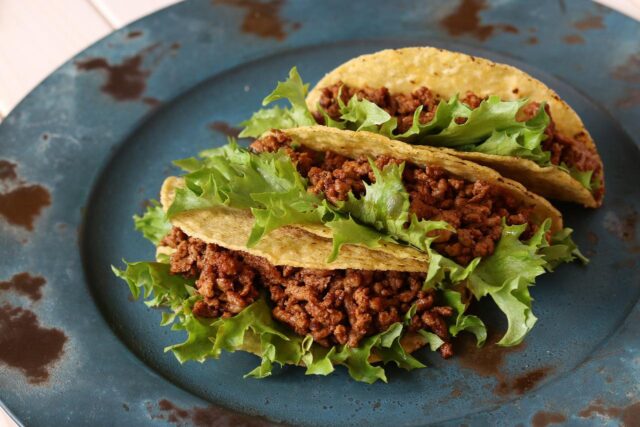
Tacos are popular and, damn, delicious. “Taco Tuesday” is an unofficial event enjoyed by people all over America, and it’s even been immortalized in a LeBron James video that has become a meme in which the basketball player simply shouts the phrase. It’s such a common phrase and idea that it has its own Wikipedia page.
Unbeknownst to most taco lovers, the idea of eating delicious tacos on Tuesday wasn't a spontaneous, alliterative idea at all. It was a carefully thought-out plan hatched by Taco John's back in 1989, when they actually trademarked it. Who knew?
While the idea of “Taco Tuesday” has only truly become a ubiquitous part of culture in the last 15 years or so, Taco John’s saw the writing on the wall and tried to capitalize on it. Unfortunately, it didn’t work. After years of owning the trademark and watching everyone and their uncle trample on it, they eventually gave it up after Taco Bell campaigned hard to get them to release the phrase, believing it belonged to everyone due to common usage. But there was one objection.
Taco John's had a trademark in every state except New Jersey. Restauranteur Gregory Gregory (yes, that's his real name) held the trademark in New Jersey, and he held on for three months after Taco John's gave it up.
Ironically, Gregory doesn't like tacos and had long said he would never give up the brand name, and planned to pass it on to his grandson. Perhaps something else prompted him to change his mind.
5. Bubble wrap is a trademark
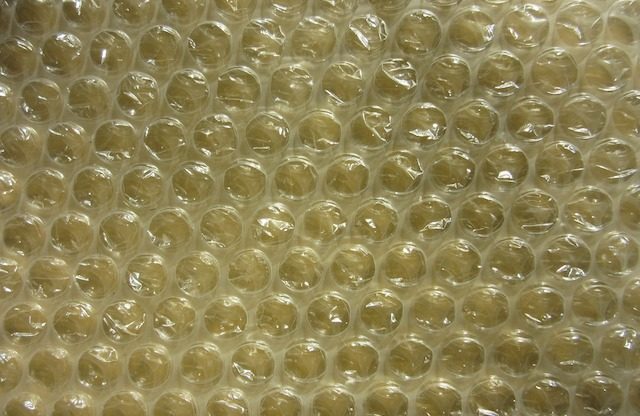
By now, everyone, including their uncle, knows bubble wrap. It’s a sheet of plastic with little air pockets that pop when you open it. People have been using it to insulate packages for decades. What’s less well known is that bubble wrap is not a technical name at all. Bubble wrap is a brand name for “A cellular cushioning packaging material containing bubbles of air or other gases.”
The trademark was registered back in the 1960s, but it has become so ubiquitous as the name of this product and every other product like it that it is now considered a generic trademark. Things like tissues, aspirin, and jet skis have lost their connection to the original brand, and if they become too common, as bubble wrap did, the trademark will be lost.
4. The term “realtor” is a trademark

If you've ever bought or sold a property, you've probably needed the help of a real estate agent. They're easy enough to find online, and no matter what city you're in, there are probably plenty of people willing to help. Lots of real estate agents. But maybe not so many realtors. Because they're not the same thing, and only one of them is trademarked.
While most of us use the terms real estate agent and realtor interchangeably, realtors definitely don’t want you to. Realtor is a trademark of NAR, the National Association of Realtors. A real estate agent must become a member, adhere to a code of ethics that they are screened for, and then they can access more resources for their business.
It is also worth noting that "Realtor" is a proper noun and should always be capitalized, although this is rarely the case. NAR works hard to preserve its trademark so that it does not become a generic term that loses its meaning.
3. The Grammy Awards are made from a brand name alloy called grammium.
Once a year, the biggest names in music come together for the Grammy Awards, so people on the internet can celebrate their favorite musician's win or lament that the Grammys are garbage and it doesn't matter if their favorite artist loses. You can set your watch by it!
For those who still care about the awards, each winner gets a statue known as a Grammy to take home and put a cape on or whatever people do with those things. The award gets its name from the fact that it looks like a tiny gramophone, which probably means little to most music lovers in the modern world since no one has used one for decades.
Like most award statues, the Grammy appears to be gold, but it’s not. It’s made of a special alloy cleverly called Grammium. The Grammy Association has trademarked the alloy to ensure that no one else can use it to make a Grammy. Or anything else, really.
The alloy is made of zinc and aluminum, and after molding, it is plated with 24-karat gold. The horn of the gramophone part is made of brass. If you ever come across one and are wondering if it is worth pawning, the trophy will not have any real monetary value, but it is estimated that one trophy would cost about $15 to make.
2. 7-Eleven owns the term "brain freeze"
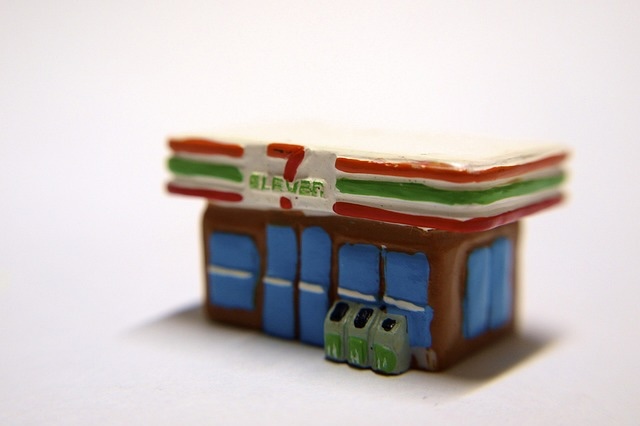
Besides being deliciously refreshing, the 7-Eleven Slurpee is also known for one very important thing: pain. If you drink a Slurpee too quickly, the cold will penetrate your brain and make you feel like your mind is being destroyed from the inside. But this goes away in a minute, and you can start drinking again too quickly.
A cold headache, also known as a “brain freeze,” is caused by the capillaries in the sinus area rapidly cooling, causing the vessels to constrict. For some people, this is very painful, but for many, it’s an oddly fun side effect, much like how hot sauce makes you feel momentarily uncomfortable before you go back for more.
For 7-Eleven, brain freeze has become a great marketing tool. So much so that they have trademarked the term. Even though both Slurpee and brain freeze have become almost generic terms for what they describe, 7-Eleven owns both.
1. Billy Joel owns the trademark "Billy Joel" and Yoko Ono owns John Lennon
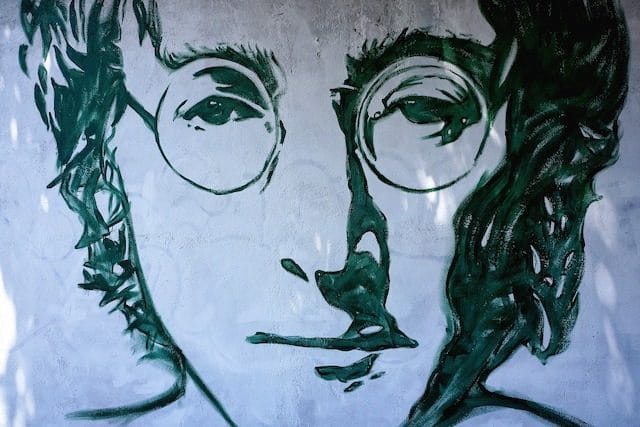
If you’re a celebrity, your name is part of your fame. When someone says “Tom Cruise” or “Jennifer Lawrence,” you immediately know who they’re talking about. And perhaps for some celebrities, that means they actually want to own their name outright, so that no one can ever use it in any context without permission. Which brings us to Billy Joel’s trademarking of his name. A trademark covers just about everything from merchandise to printed materials to music that may include his name.
In addition to registering your own name as a trademark, there are circumstances in which you can claim someone else's name. Yoko Ono owns the trademark for John Lennon, and if you want to use his signature on something, she is the custodian. Unlike Joel, who has trademarked the standard version of his name, Ono owns the trademark for Lennon's signature, which cannot be reproduced on any retail product.







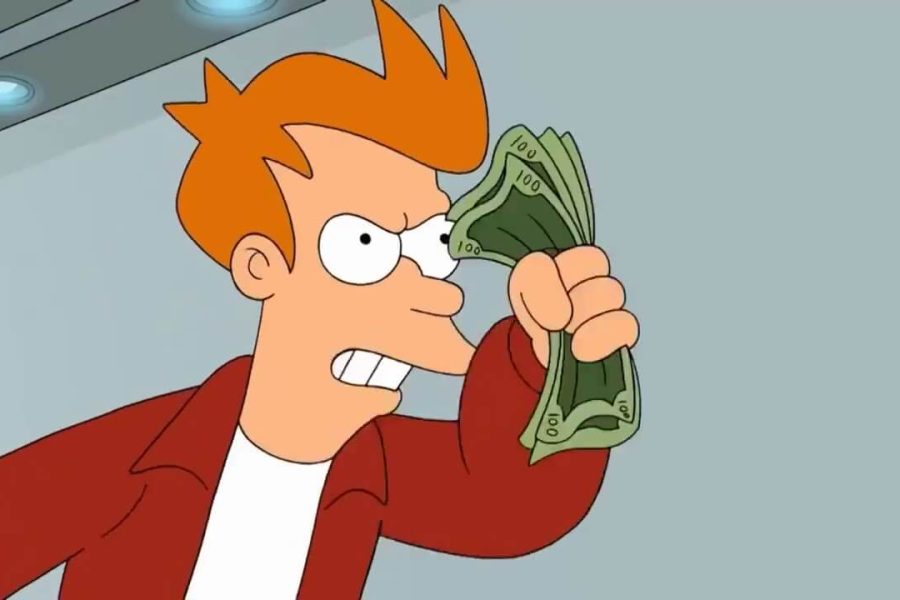

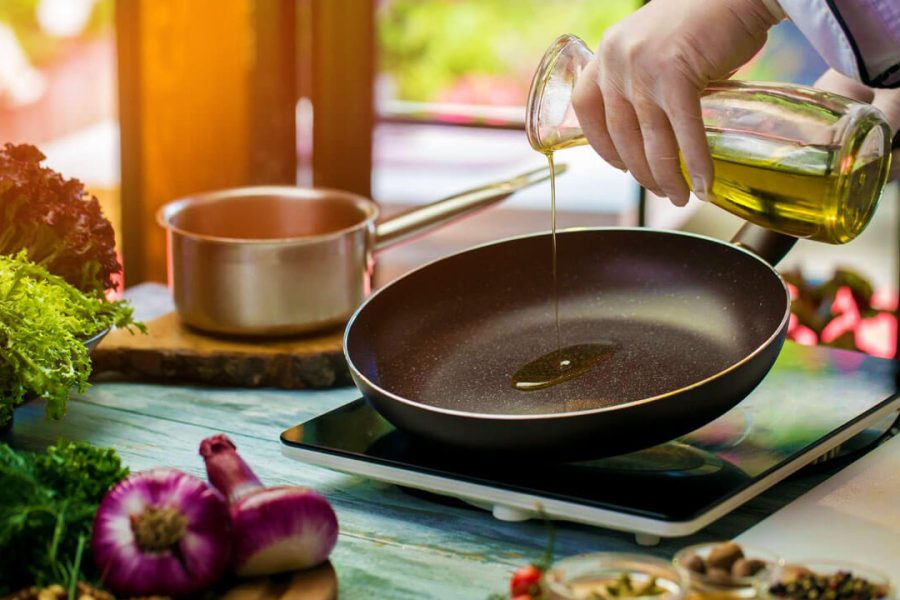

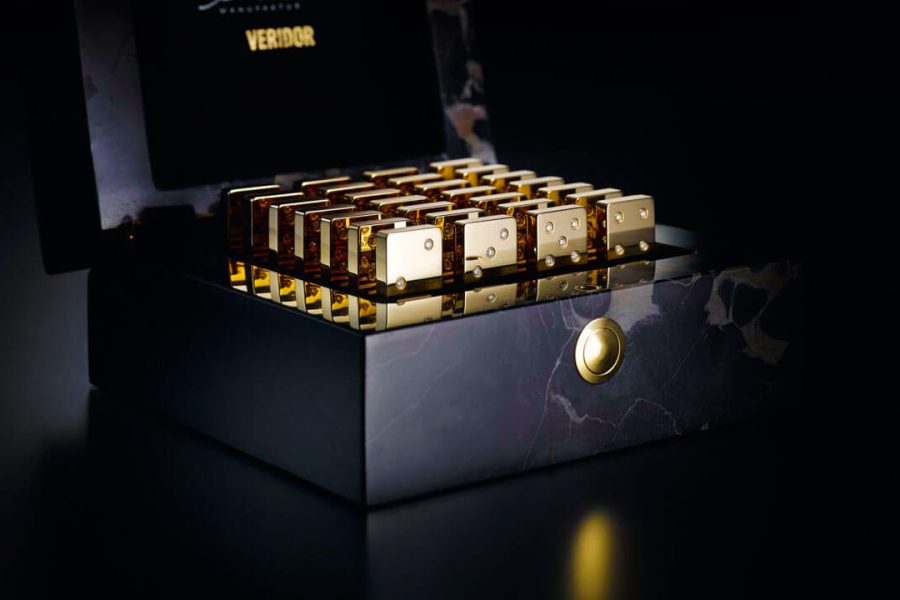

Оставить Комментарий